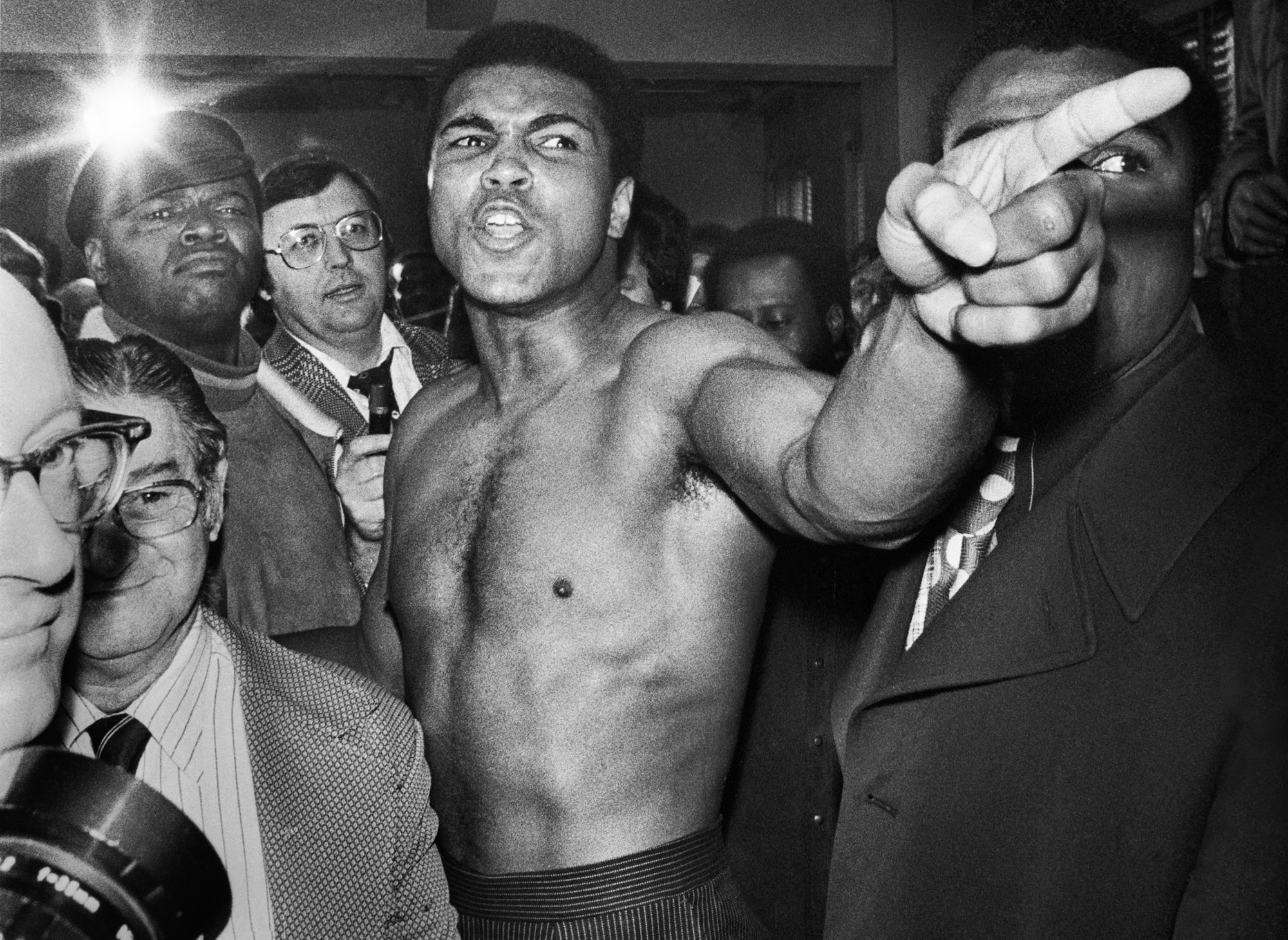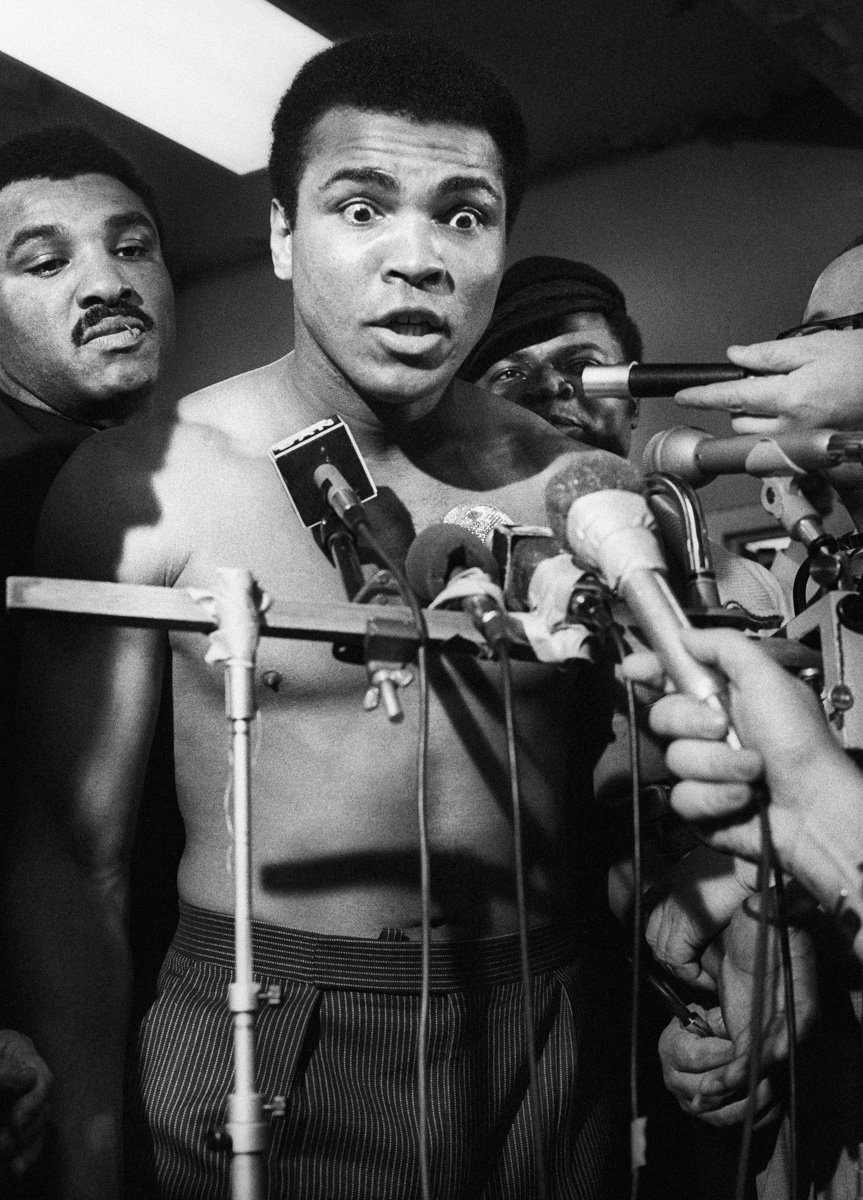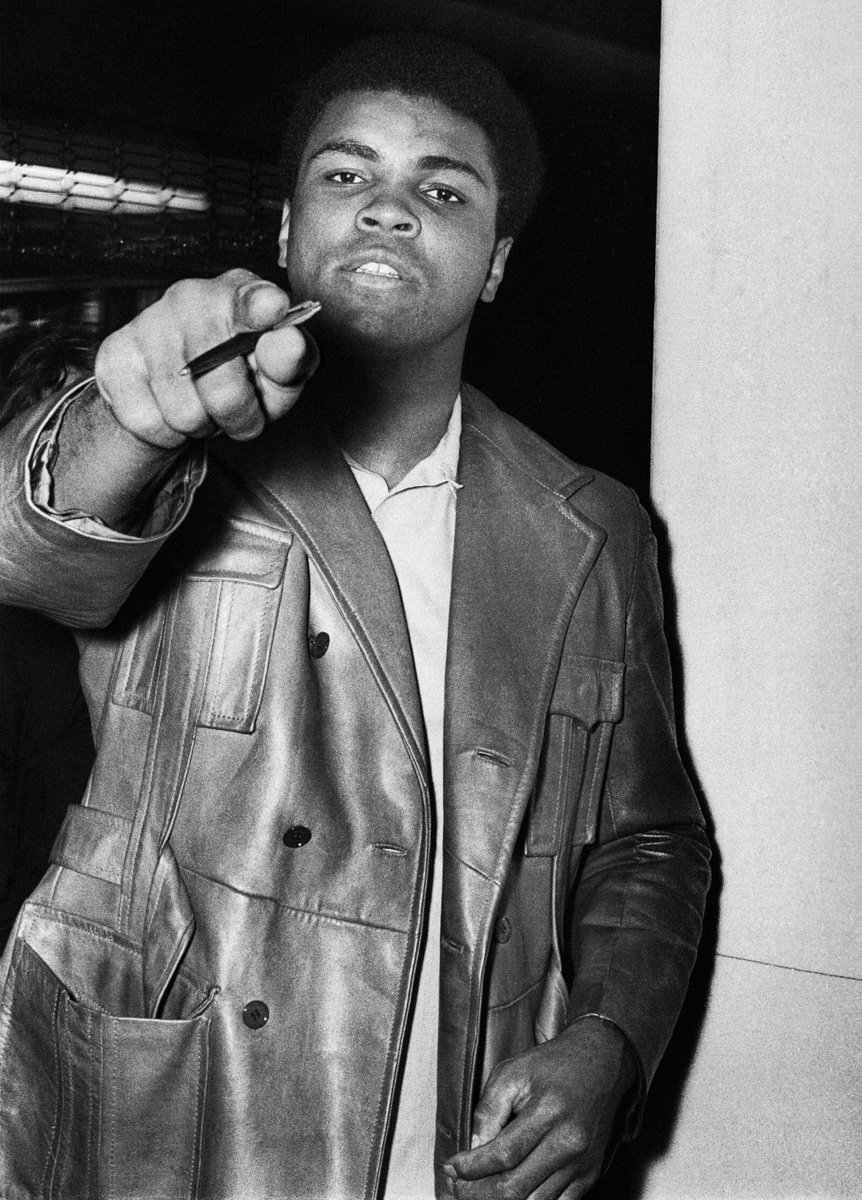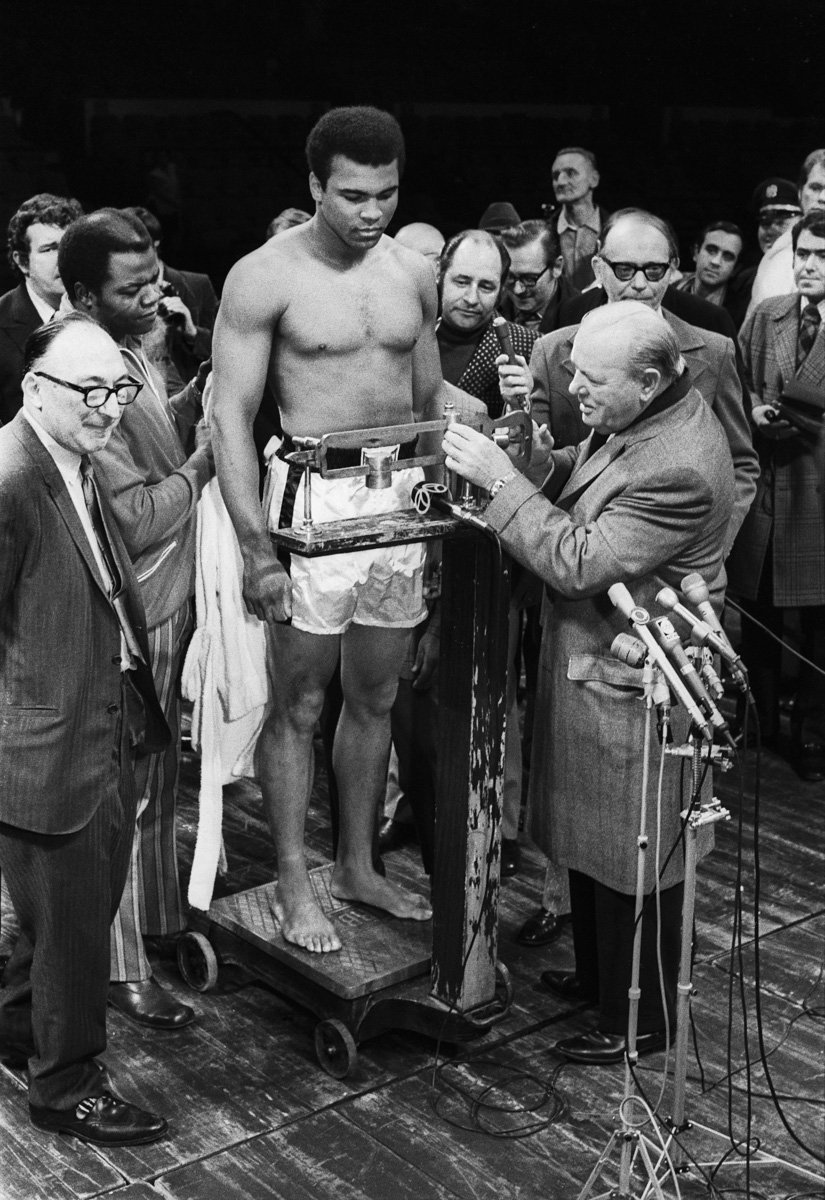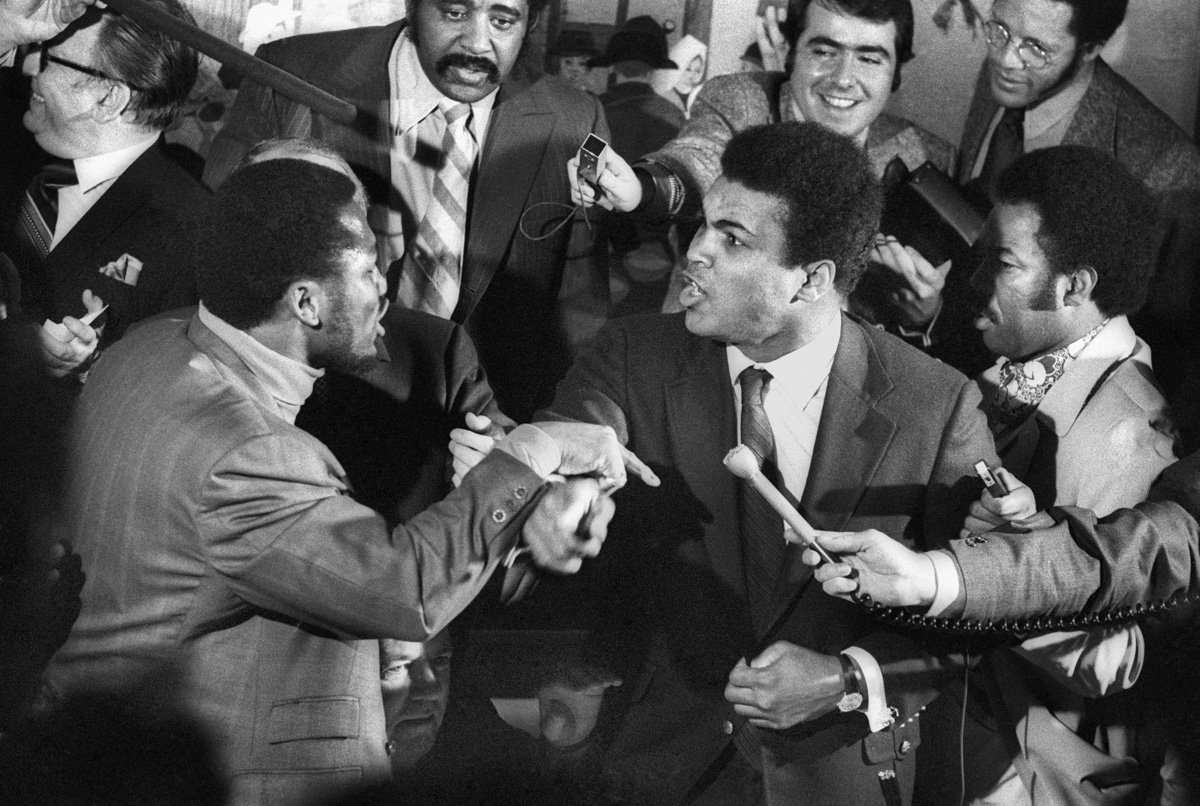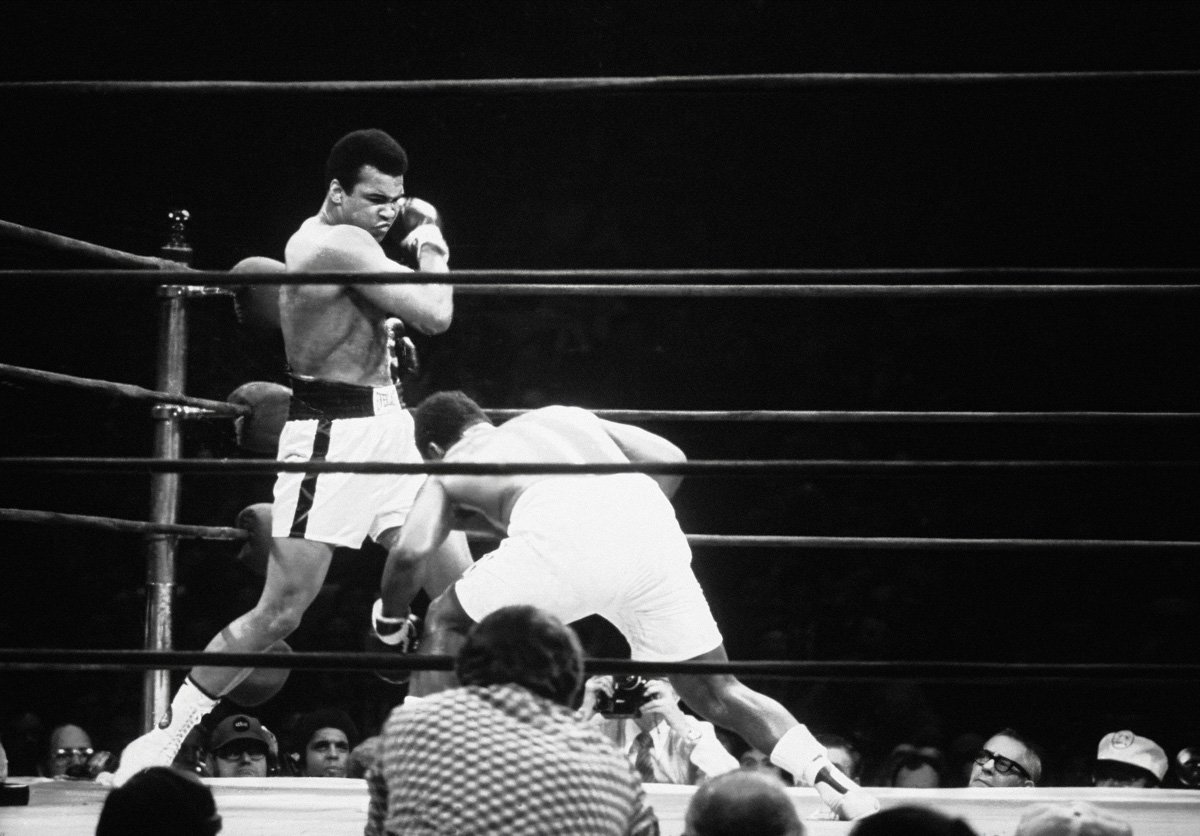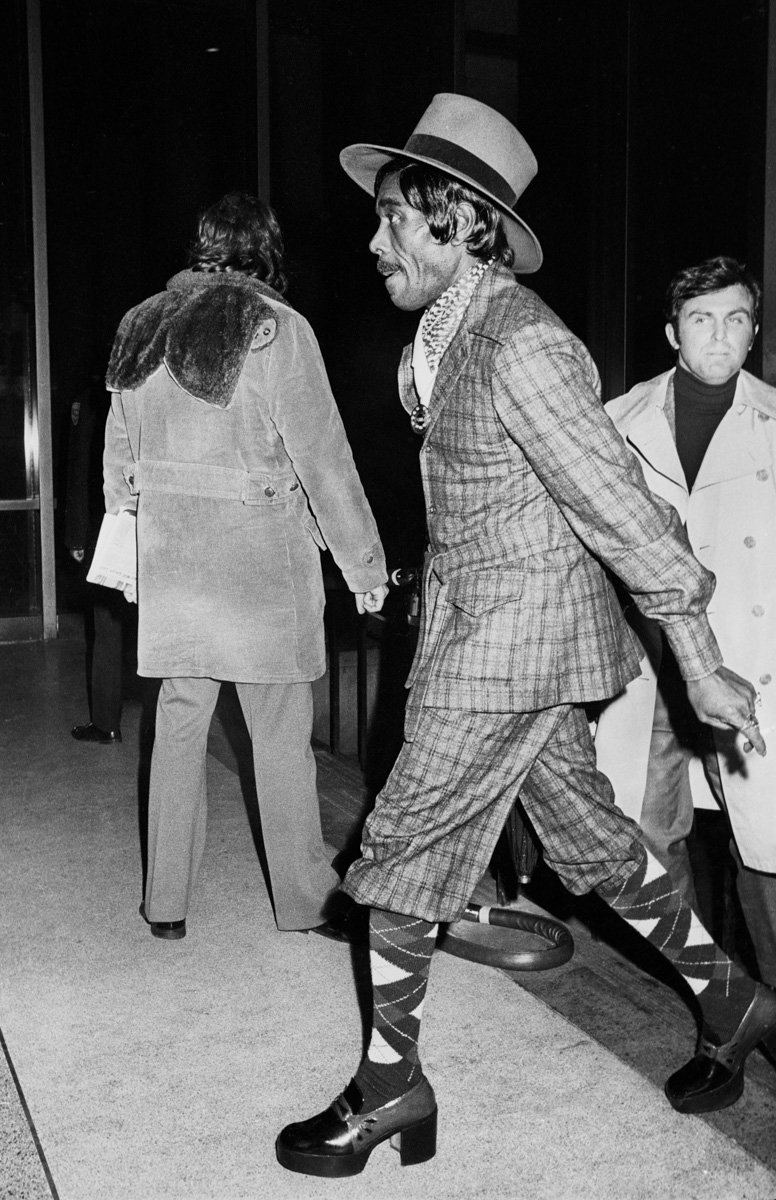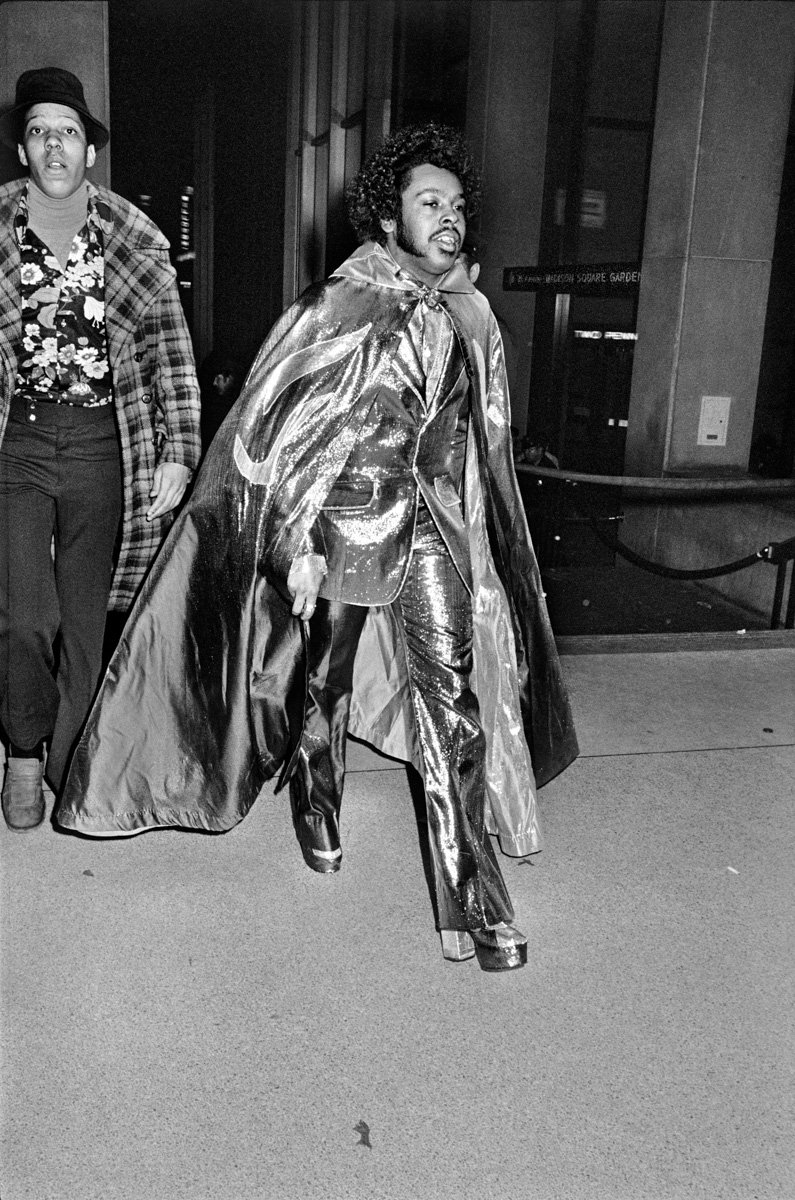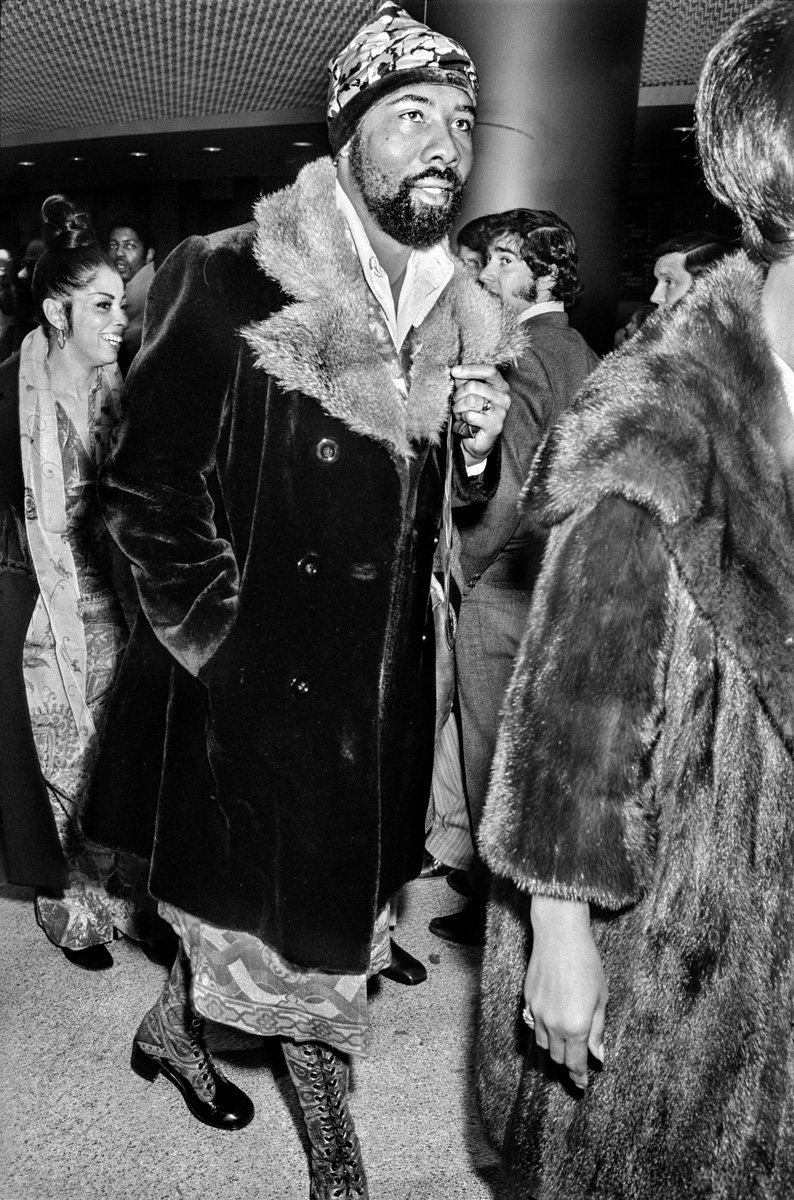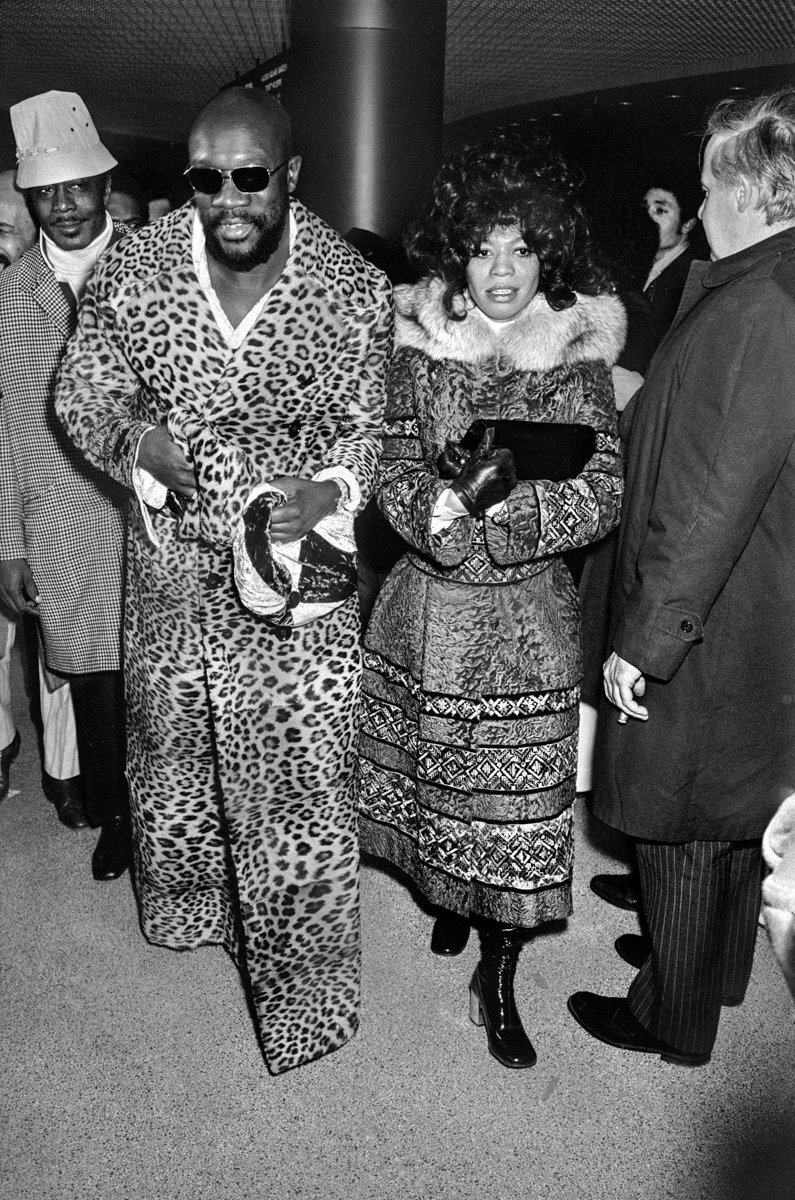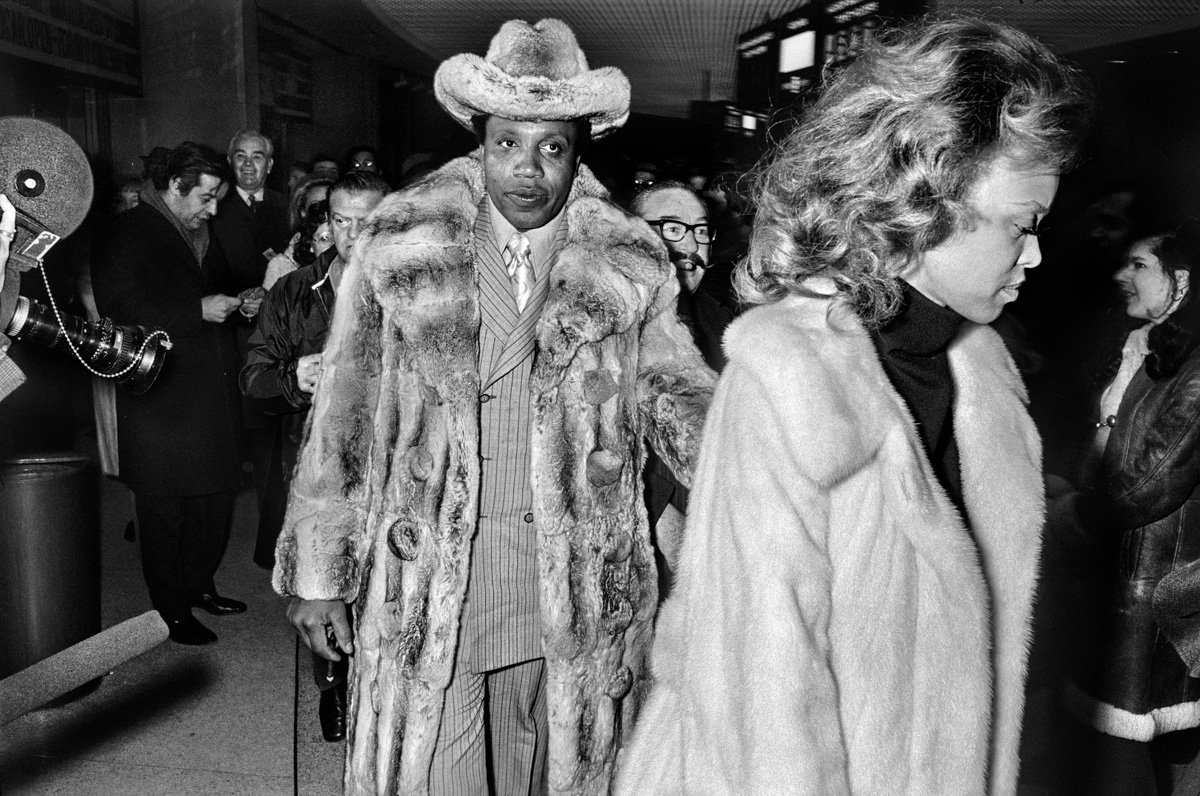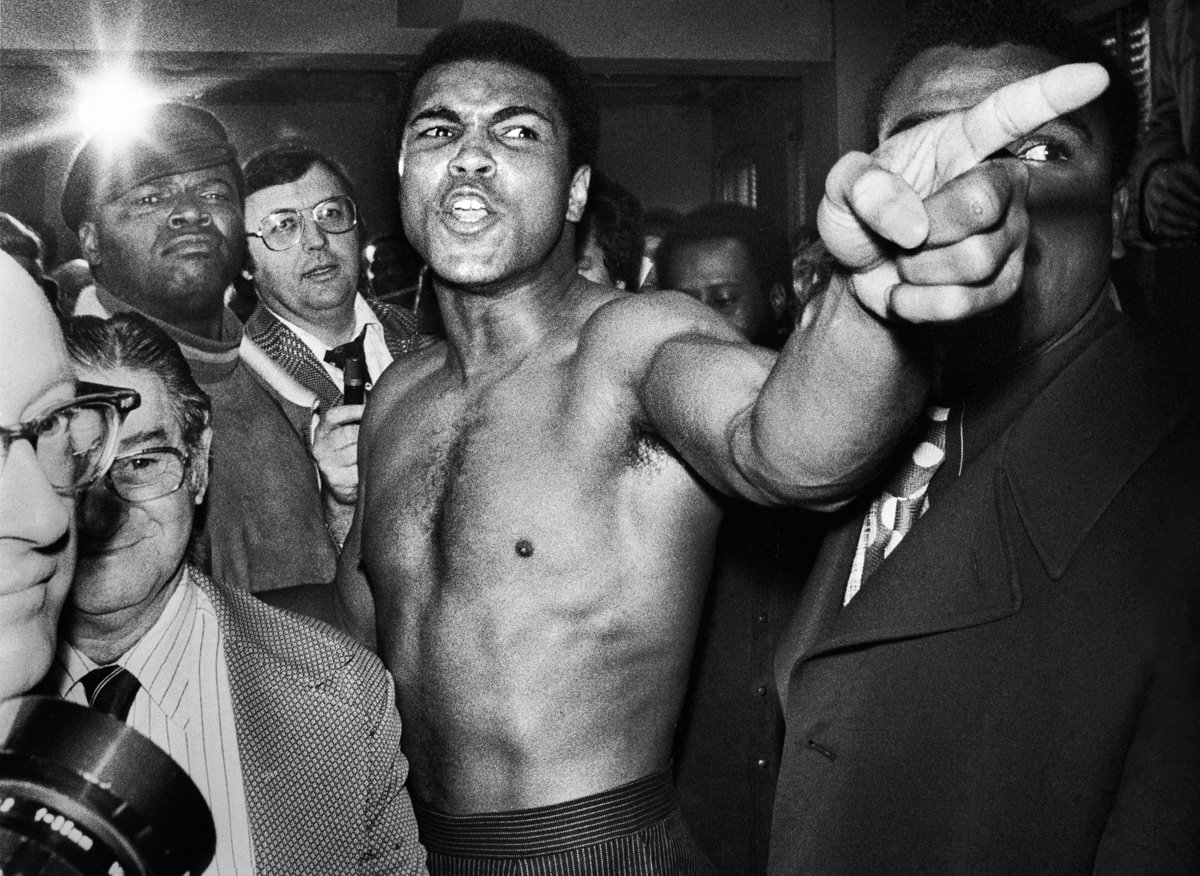
Ali Vs. Frazier
Fights of the Century
-
Jean-Pierre Laffont, a distinguished French photographer originally from Algeria and raised in Casablanca, Morocco, holds a Master's degree in Photography from the School of Graphic Art in Vevey, Switzerland. He co-founded the Gamma USA and Sygma Photo News agencies and spent over five decades capturing global news, people, and societal issues. His work has been featured in renowned publications such as Le Figaro, The London Sunday Times, Newsweek, Paris Match, Stern, and Time.
His lens immortalized pivotal moments in America from the 1960s to the 1990s, documenting events such as the Vietnam War, Watergate, President Nixon's departure, and movements for women's and LGBTQ+ rights. Beyond the U.S., his photography journey encompassed global conflicts and upheavals, from riots in Pakistan to Vietnam's war-torn landscapes, the aftermath of Guam's bombings, Mozambique and Angola's fights for independence, Bangladesh's devastating floods, and Nicaragua's earthquake aftermath.
Laffont's subjects included legends like Muhammad Ali, Robert Kennedy, Martin Luther King, and several U.S. presidents. His contributions earned him recognition as one of photography's most influential figures, along with various awards, including the Cross for Military Valor and the New York Newspaper Guild's First Prize.
In 1996, he received the French National Order of Merit, followed by the title of International Photographer of the Year at the Pingyao Photo Festival in 2016. In 2020, he was honored with The Lucie Award for Achievement in Photojournalism and the Visa d'Or Award du Figaro Magazine for Lifetime Achievement. In 2023, he was nominated as Chevalier (Knight) of the Order of the Legion of Honor.
Laffont's work has been exhibited worldwide, showcasing themes like "Turbulent America" and "New York City Up and Down," leaving an enduring mark on the field of photography.
-
It all began with the match called "the Fight of the Century," which took place at Madison Square Garden in New York City on March 8th, 1971. Both fighters were undefeated. Frazier held the title, while Ali, after more than three years of government-imposed exile, wanted to reclaim the belt that had been stripped from him when he refused to fight in the Vietnam War.
The title of "Undisputed Heavyweight Champion of the World" was at stake, and the fight would go the full 15 rounds, with Frazier winning the title by unanimous decision. Ali refused to publicly admit his defeat, referring to it as a "white man's decision." Ali would eventually win the rematch with Frazier on January 28th, 1974. I had the privilege of covering both of these historic fights.
The first match on March 8th, 1971, was a frustrating experience for me. rewrite : With only my foreign press accreditation, I was denied access to the arena and was only allowed to photograph the VIPs arriving. This is when I photographed the magnificent crowd in their extraordinary outfits. They had all paid thousands of dollars for their front-row seats in the stadium, and there was a luxury of crushed velvet, extravagant hairstyles, platform shoes with 3-inch heels, and fedora hats. The dandy men and the furs were simply dazzling: sables, minks, beavers, chinchillas, and even wolf! This was the epitome of a fashion extravaganza - all that jazz.
For the second match in 1974, I was fortunate to gain access inside the arena once again. There, I photographed the crowd, who had arrived phenomenally dressed.
Here comes the important twist: 45 years later, during the creation of my book "Photographer's Paradise," Eliane, my wife, discovered among my contact sheets the photos of Frank Lucas, the biggest importer of heroin from the Golden Triangle in Southeast Asia. Wearing a chinchilla coat with a matching hat that must have cost $200,000 at the time, Lucas, accompanied by his wife dressed in white mink came to see the 1971 fight. It was because of that coat that Richie Roberts, the head of the Narcotics Task Force, became interested in Frank Lucas and eventually discovered that he was the king of heroin sold in Harlem. The film "American Gangster," directed by Ridley Scott, tells the tale of Frank Lucas, played by Denzel Washington, with Russell Crowe as the cop who arrested him, Richie Roberts.
In 1976, Lucas was sentenced to 50 years in prison and became an informant. His prison sentences were reduced, and he was released from prison in 1991. Richie Roberts, the former undercover narcotics detective who arrested Lucas, became his attorney and also Lucas' son's godfather. ONLY IN AMERICA!!!
COLLECTION


